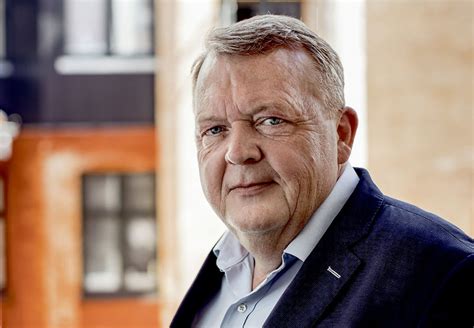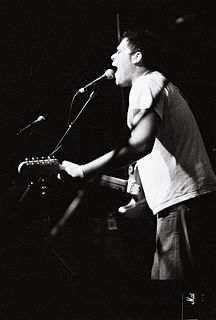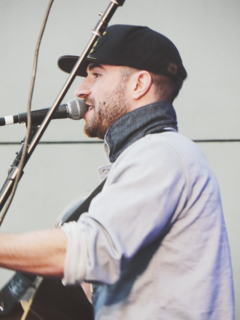A Quote by David Droga
There are unwritten rules to Facebook: People are using it to build their personas, and when they share something, they usually do so because they think it will in some way benefit others. So when we speak as brands on Facebook, we try to operate within those same parameters.
Related Quotes
We want Facebook to be one of the best places people can go to learn how to build stuff. If you want to build a company, nothing better than jumping in and trying to build one. But Facebook is also great for entrepreneurs/hackers. If people want to come for a few years and move on and build something great, that's something we're proud of.
At Facebook we feel a lot of affinity not just for this community but for any community that is trying to do what Davos is trying to do, which is to share information. And Davos is doing it in a particular way - I think the Facebook approach is obviously more broad-based, we're trying to include everyone in the world. But the goal is the same: bring people together, to share information and make the world more connected, and have people have a deeper understanding of themselves, others, the communities of which they want to be a part and can be a part.
I haven't sworn off Facebook. I'm on Facebook. There's a fan page on Facebook that I will update, but I'm on there myself under a pseudonym, because there were a lot of people able to private-message me on Facebook, and it was getting really weird. And then with MySpace, I just don't read messages. I delete everything, and I just post updates every now and then.
Facebook's a wonderful, incredible way to bring humanity together. They've brought together 2 billion people in the largest fictional family in history. So young people are starting to empathize with each other through Facebook across the globe. This is wonderful. However, when everyone needs Facebook because it's so successful that everyone's on it, then it starts to look like a global public utility, a public good. Same with Amazon.
Bands now are always trying to make their presence known through social networking and whatnot, but that's just the same as bands before the Internet age trying to connect with fans in some other way. But I don't follow people on Facebook, I think that's creepy. I wouldn't want them following me on Facebook. I don't even have a mailing list.

































